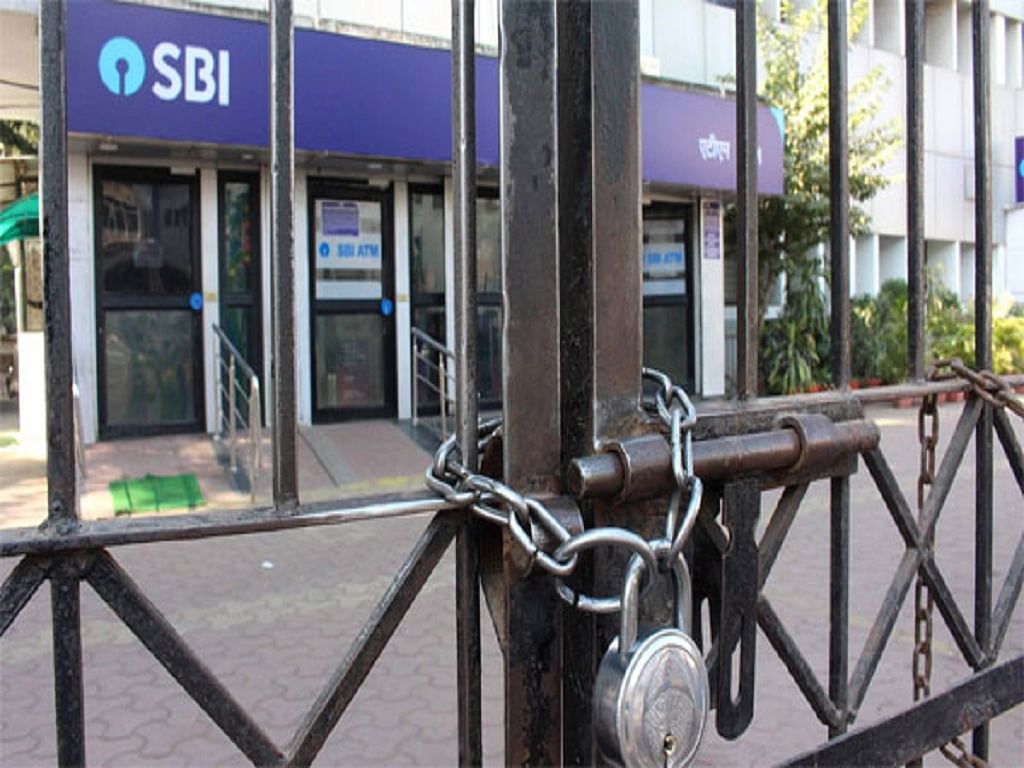
According to a regulatory filing made by the Bank of Baroda, the Indian Banks' Association received notice of the strike from the AIBEA general secretary alerting them that the organization's members planned to strike in support of their demands.
The bank claimed that all required measures are being taken to ensure that bank offices and branches run without a glitch on strike days. But it warned that if the strike happens, it might have an impact on how things run.
November 19 is the third Saturday, which is a working day for banks. Generally, on the first and third Saturdays, the banks are open. Ten days this month—including the festivals and the second and fourth Saturdays—will see bank closures.
Another development was the first fall of cash in circulation in 20 years during the week of Diwali. The State Bank of India Research stated in its report Ecowrap that technological innovation altered the Indian payment system. It was linked in the report to the rise in digital transactions.
According to the report, India's once cash-driven economy has given way to one driven by mobile payments. The amount of money in circulation fell during the week of Diwali for the first time in 20 years. Technology advancements have altered the Indian payment system, according to SBI Research's research Ecowrap. According to the paper, the rise in digital transactions is to blame for this.
The report stated, "The week around Diwali saw a surprising development: for the first time in 20 years, less money was in circulation. The Indian payment system has altered as a result of technological advancements. The Indian cash-dominated economy has evolved into a mobile-dominated one over time. A lower level of currency in circulation is similar to a reduction in the CRR for the banking system because it causes less deposit leakage and has a positive effect on monetary transmission!"
According to the paper, the Indian economy is going through structural change.
















